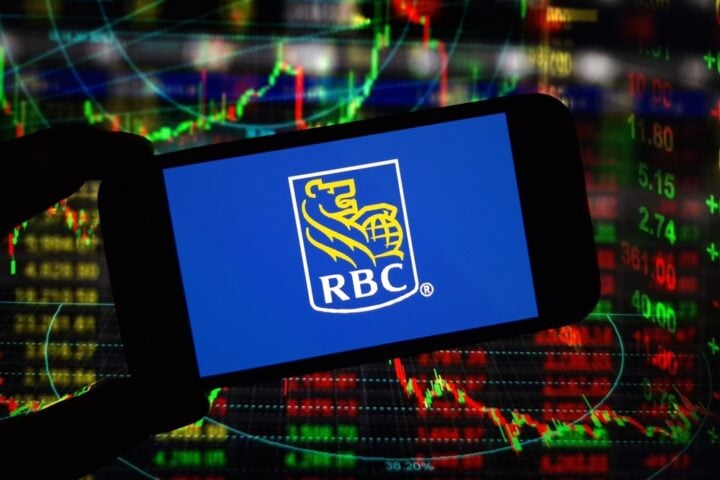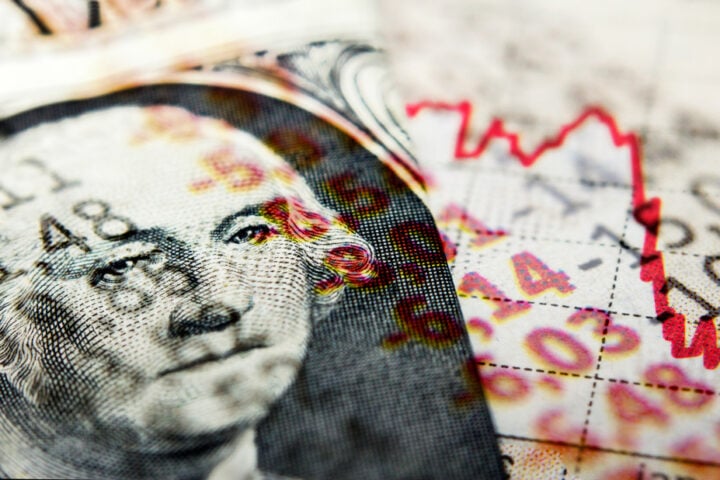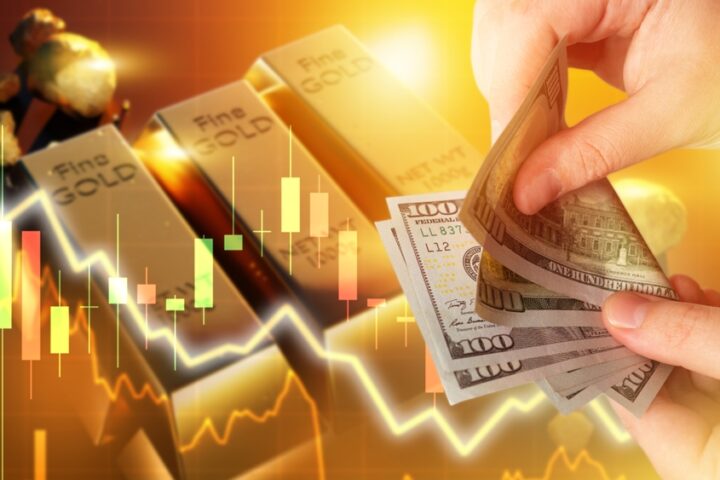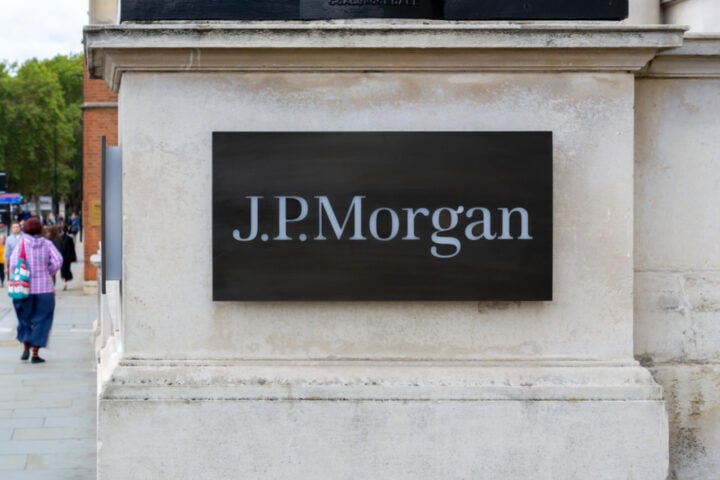As President-elect Donald Trump prepares to assume office, economist and former Treasury Secretary Larry Summers is urging caution over the potential inflationary impacts of his proposed economic policies. Speaking to CNN’s Kate Bolduan, Summers expressed deep concern that following through on campaign promises could trigger an inflation shock even greater than the spike experienced in 2021.
A Warning Based on Recent History
Summers’ cautionary note comes with a stark reminder of the 2021 inflation surge, when consumer prices rose rapidly, peaking at 9.1% in June 2022 — the highest in four decades. That wave of inflation caught many Americans by surprise, reshaping household budgets and influencing political dynamics. Despite inflation cooling in recent months, frustration over the high cost of living played a significant role in Trump’s return to the White House.
“If he carries through on what he said during his campaign, there will be an inflation shock significantly greater than the one the country suffered in 2021,” Summers stated, emphasizing the potential consequences of Trump’s agenda on taxes, tariffs, immigration policy, and Federal Reserve influence.
Potential Inflation Drivers
Summers points to several key elements of Trump’s economic platform that could reignite inflation:
- Sweeping Tax Cuts: Potentially boosting consumer spending but exacerbating federal deficits.
- Increased Tariffs: Import levies that could raise consumer prices and disrupt supply chains.
- Deportation of Undocumented Workers: Reducing labor supply and increasing wages in key sectors.
- Federal Reserve Pressure: Potential attempts to sway Fed policy could undermine monetary independence.
Nobel Prize-winning economists and a majority of respondents (68%) in a recent Wall Street Journal survey share Summers’ concern, agreeing that Trump’s plans could elevate prices more than the economic approach of his recent opponent, Vice President Kamala Harris.
A Divided View
While Summers and many economists raise red flags, Trump’s transition team and supporters have pushed back. Karoline Leavitt, a spokesperson for the Trump transition, argued that Trump’s first-term tariff strategies “created jobs, spurred investment, and resulted in no inflation.” Hedge fund executive Scott Bessent, a contender for Treasury Secretary, echoed this view, asserting that Trump aims to support American workers without fueling another affordability crisis.
Reflecting on Past Lessons
Summers’ critique is rooted in his view of past economic missteps. He has previously contended that the Biden administration’s significant stimulus measures in 2021 played a role in triggering inflation, despite their popularity at the time. “The large checks that were sent out in 2021 were what people wanted,” he said. “They just didn’t want the consequences that came with it in terms of increased inflation.”
He likened today’s potential scenario to the aftermath of the last election cycle, where well-intentioned economic relief led to unintended inflationary consequences compounded by supply chain issues and geopolitical events, such as the pandemic and Russia’s war in Ukraine.
Consensus and Outlook
Summers’ concerns are widely echoed in the economic community, reinforcing the view that Trump’s proposed combination of policies — increased tariffs, fiscal spending, and workforce shifts — could amplify inflation risks. “The idea that this program cumulatively… generates about as much consensus among people who follow economic things as any proposition I can remember in the 40 years I’ve been doing this,” he emphasized.
As Trump’s administration prepares to take charge, the balance between implementing promised policies and managing potential economic repercussions will be a critical challenge. Economists and analysts will be closely watching how the administration’s plans evolve and whether adjustments are made to prevent another bout of high inflation.







